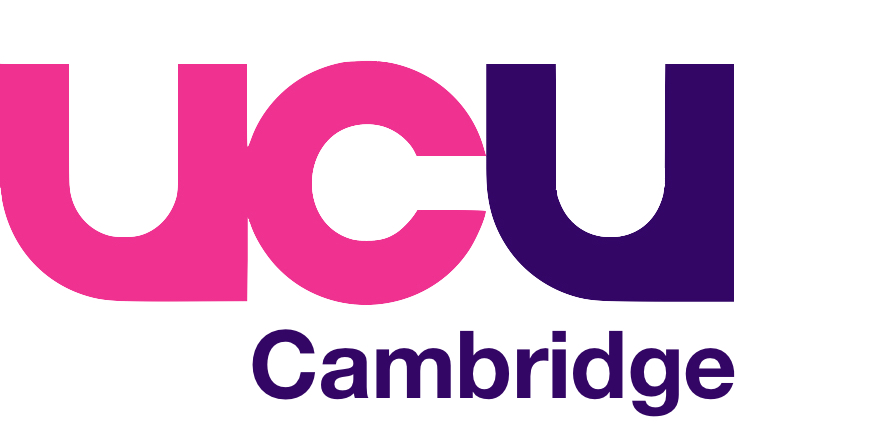
The University of Cambridge have just announced the retention of their Silver Athena SWAN award. CUCU congratulates the staff whose hard work went into this submission and recognises that participation has prompted the University to commit to a range of gender equality initiatives. However, Athena SWAN is no silver bullet in resolving gender inequalities. In fact, the targets and action plans set out in Cambridge’s recent Athena SWAN submission fall disappointingly short of what one would expect from a leading university that prides itself on innovation and excellence.
- Reducing the Gender Pay Gap at Cambridge to 14.8% within 4 years, as proposed, would still leave the gap above the current sector average (12%). Moreover, the action plan is inadequate to achieve even this disappointingly unambitious target. Since 2015, the University has made no meaningful progress on narrowing the GPG, which currently stands at 19.7%. Yet the action plan offers little beyond the same perennially touted “initiatives” (including the CV mentoring scheme, online “implicit bias training”, and “wellbeing days”) that have thus far failed to narrow the GPG. Actual progress will require more substantive action, including structural change, extended parental leave, and targets for recruitment of women to senior posts.
- The University’s parental leave provision (18 weeks at full pay) falls considerably short of best practices in both the higher education sector and the public sector more generally, where 26 weeks at full pay is becoming the norm.
- Women continue to be under-promoted in the University. Although the new Academic Careers Pathway (ACP) has been cited as a major response to the GPG, the ACP proposal submitted for consultation in Lent term was drafted with no apparent concern for its impact on the GPG, and without evidence of E&D oversight. It included several provisions which would have further exacerbated the under-promotion of women, thus widening the GPG. These were only dropped after forceful protests by UCU and Faculties. There is therefore little reason to think that the new ACP will address either the under-promotion of women or the GPG.
- The University is currently trying to push through a reform of academic probation without adequate consultation and, once again, no apparent concern for E&D impact. The new requirement to demonstrate an “upward trajectory” during the probationary period does not make adequate provisions for pregnancy and caring responsibilities, which for many women fall during that period.
- The University’s provision of childcare remains inadequate. Childcare costs at University nurseries are unaffordable for many staff, particularly on lower pay grades.
- Bullying, harassment, and sexual misconduct remain rampant in the University, disproportionately affecting women. Despite welcome initiatives, such as Breaking the Silence, incidents go largely unreported.
University of Cambridge staff have been voicing their concerns about these issues loudly and clearly. According to the recent staff survey, only 28% think that the promotion system is fair, only 19% are happy with the University’s childcare provision, and 954 staff report being the victim of bullying, harassment, or sexual misconduct in the last 12 months alone.
In the circumstances, it is disappointing that the University has shown little willingness to work constructively with UCU on the range of issues in our current gender pay gap claim, including consideration of targets for proportions of women in senior posts, and 26 weeks’ parental leave. The University has also refused to establish a committee with trade union representation to address the GPG, instead insisting that discussions continue in the existing management structures, despite these having clearly proved inadequate.
In light of the University’s stated commitment to gender equality, we invite more constructive engagement very urgently.
